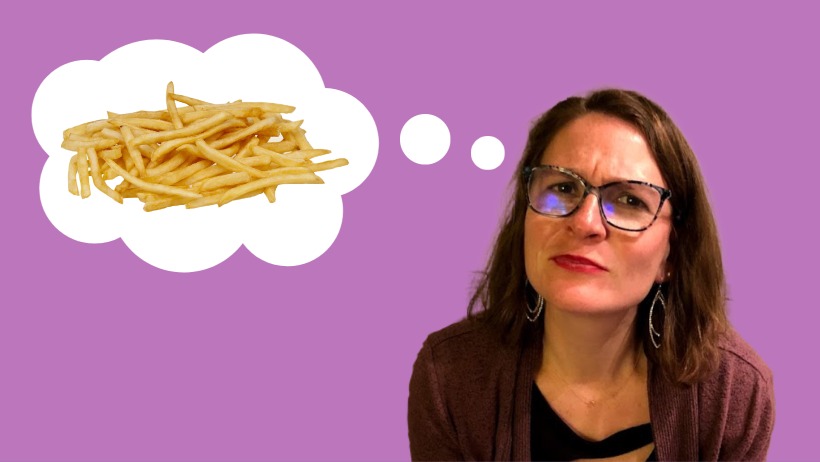I get hangry. If you’ve spent time with me, especially on a trip, then you’ll know that when my blood sugar dips, I get mean and grumpy until I’m able to grab a snack or sit down to a meal. Needless to say, this is not my own invention; I know plenty of people who tend to get hangry, namely my own children. When they haven’t had a solid meal in a few hours, their faces get scrunched, and the screaming begins. A well-timed snack can make the difference between an easy, fun day and an endless cycle of tantrums. It doesn’t matter what age we are, it’s important to be in tune enough with our bodies to recognize basic needs.

For better or worse, we seem to perpetuate the stereotype that Jewish mothers have a constant desire to feed people. However, you could make the case that issues of hunger, anger, and some combination of the two are as old as the Torah. In fact, hunger leads to trouble again in this week’s Torah portion.
Our parshah this week, Miketz, brings us back into the story of Joseph. We pick up in part two of the life and trying times of Jacob’s favorite son. Our hero has had a few setbacks, among them being sold into slavery by his brothers and thrown into jail. However, Joseph gets his big break when Pharaoh has a startling set of dreams. When none of Pharaoh’s resident magicians are able to interpret his visions, Pharaoh calls on Joseph, and with God’s help, Joseph translates the dreams as a sign of an approaching period of fertility, followed by a period of famine. Joseph presents Pharaoh with a game plan and becomes Pharaoh’s right-hand man in preparation for these times that will certainly be difficult not only for Egypt, but also neighboring lands.
Throughout the Torah, the Israelite nation has been moved from place to place, almost always going down to Egypt on account of famine. Jacob’s grandfather Abraham goes to Egypt because of a famine, and his father Isaac does the same. Now Jacob looks around and notices that there is famine in Israel, while Egypt has food. As a side note, the other times Israelites go to Egypt to get land almost always end in lying for protection. Abraham lies in saying that Sarah is his sister, and Isaac crafts a similar deception. Jacob is really the first to try and break this pattern.
Back to the subject of food, Jacob knows there is abundance in Egypt. He’s sad and hungry (sadry?) because he’s lost both his favorite son and favorite wife, and he just wants his people fed and taken care of. This time, he sends ten of his sons to Egypt to find food to bring back. There’s deception on this journey too, but interestingly, the deception is not from an Israelite to an Egyptian, but instead from an Israelite (Joseph) to his own brothers.
Joseph recognizes his siblings instantly and gets plain old angry; he’s harsh in his speech and treats them like strangers. Joseph isn’t hungry because he’s already solved the problem of famine for Egypt. His pure anger comes from the original deception perpetrated by his brothers years earlier. Instead of food, Joseph hungers for connection, for reconciliation with his family. And his brothers are desperate in their quest to do something right for their father, possibly to try to make up for the grief they caused long ago.
When our needs aren’t met, we can’t be at our best, and often our emotional needs like family connections are just as important as physical needs like hunger. Parshat Miketz is a yearly reminder that we’re all searching for something to sustain us, and when we’re able to open our eyes and see the root of the desire, we’re much more likely to put aside anger and deception in favor of love and acceptance.
– Rabbi Eve Posen
Source: Hangry – Parshat Miketz 5782



